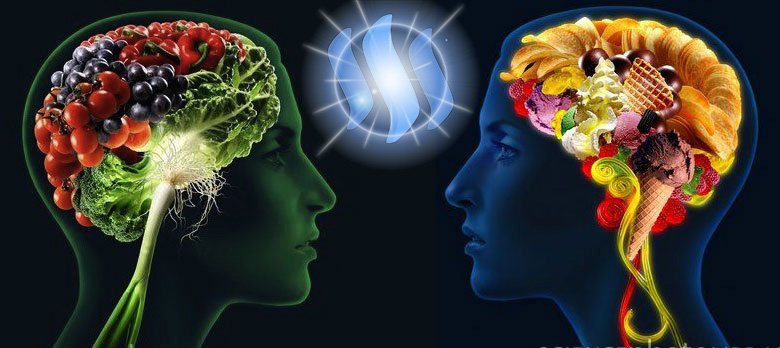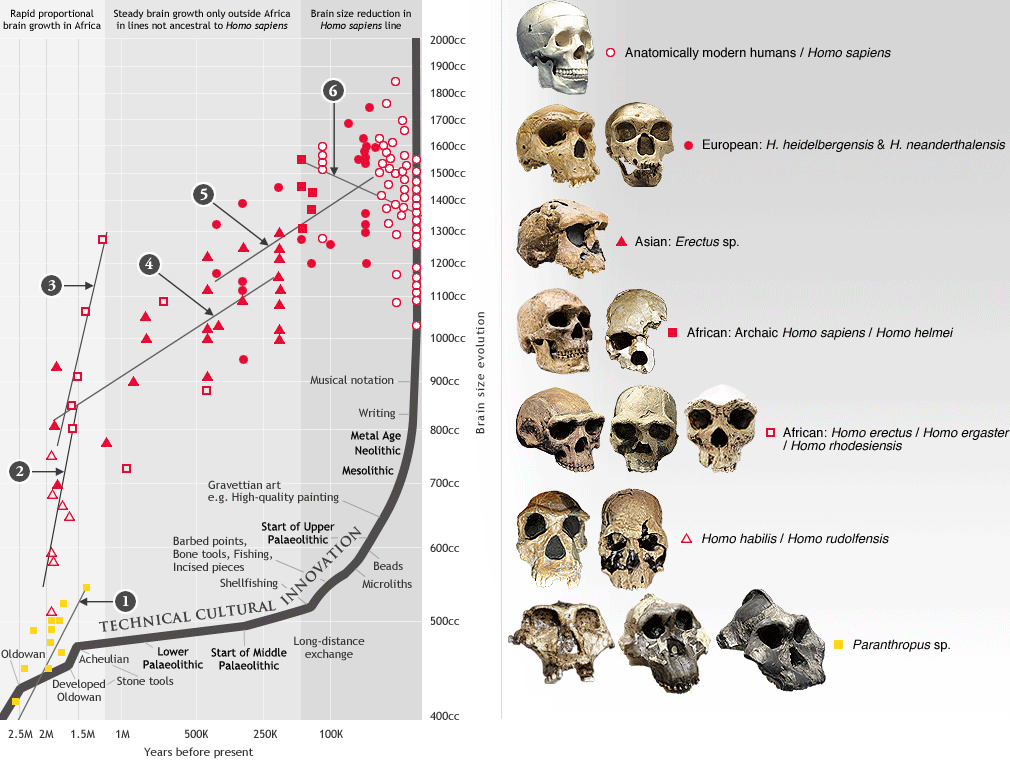
We've all heard of the saying "You are what you eat".
And while we somehow know that sugar makes us hyper and caffeine keeps us awake,
Do you really know what affects certain foods can have on your brain?
There are good and bad fats.
Healthy fatty acids like Omega 3 and 6 are contained in fish, nuts and seeds.
They are essential to your brain health because they are needed to create new cell membranes.
"Bad" fats on the other hand are saturated and trans fats.
They can actually decrease brain health!

Proteins and amino acids, which we intake through our food, have a great impact on our behaviour and well-being.
Amino acids are what carry the precursors to Neurotransmitters - the signals that transfer information between the neurons.
They are very important and can affect our sleep, mood and attentiveness.
So food has a direct link to how we feel - that's why you might experience alertness after a protein-packed meal with chicken, or feel fatigue or calmness after eating a large amount of carbs like pasta.
This educational video by Ted-Ed demonstrates us visually how food affects our brain and mood:
So like explained above, a combination of different foods can stimulate your brain to release different neurotransmitters that change your mood - for example Serotonin, Dopamine, or Norepinephrine.
But since there is limited access to your brain cells, different amino acids actually have to compete for it.
A balanced diet that contains different foods with different nutrients is the healthiest option for keeping your brain messengers intact.
Our Brains are in need of a continuous supply of Micronutrients.
For example Anti-Oxidants, that help prevent brain damage from free radicals.
Other important Micronutrients are Vitamins B6 and B12 and folic acid - without them, our brains would be much more prone to diseases and mental decline over time.
Mineral intake like copper, iron sodium or zinc is also an important part of brain health and the early development of cognitive skills.

Our Brain manages to transform all of these nutrients - a difficult task that takes up a lot of energy.
Our Brains use up to 20% of our Body's energy resources, while they only take up about 2% of our body weight!
This energy is created by the process of transforming and digesting carbs into glucose.
There are 3 different types of carbs: Starch, Sugar and Fibre.
These are often just categorized together as one group, but the ratio of sugar and fibre is actually an important factor of how the brain will react to the food.
White Bread for example supplies us with a large amount of glucose in a short period of time, which is great at first, but then our glucose levels drop down again and our mood and attention span get affected in a negative way.
Other foods that have a slower release of glucose are grains, oats and legumes. These can help us maintain a rather steady level of attentiveness and well-being.

We can also see how important energy is to our brains when we look back at our evolutionary history:
Our Brains need high-energy foods as their "fuel".
When looking back at our evolutionary history, we can see that the Australopithecus (a much older relative of the Homo Sapiens) had brains that were only about 35% of the size of our brains. From their teeth and stomach, researchers suggest that they ate mostly fruits and vegetables, which are not very high in calories.
Eventually the Australopithecus went extinct 2 million years ago, and its descendant, the Homo Habilis, whose brain was about 50% bigger than that of the Australopithecus.
Why? Because that was right around the time when humans started to control fire, so now they had the ability of eating meat without risking a disease.
Meat meant that there was a lot more energy to be used by the brain, so it grew during the evolutionary process.

Whatever you put into your body affects your brain health, mood and abilities, so a balanced and nutrient-rich diet is a key factor for our brain's functionality and our overall well-being!
- Instagram -

© Sirwinchester

